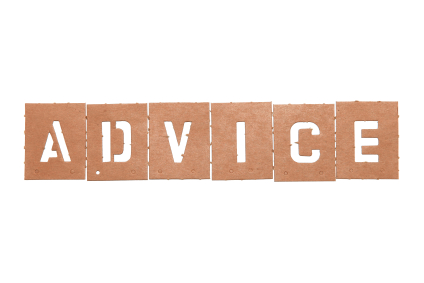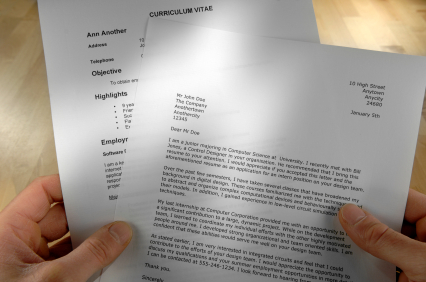Dear Job Doctor:
I’ve sent my resume in response to dozens of job postings but am  not getting calls back. What am I doing wrong?
not getting calls back. What am I doing wrong?
Going Bonkers in Denver
Dear GBID:
This is a very common problem – probably the biggest frustration I hear from job seekers.
What are things that will get your resume noticed and help your resume land in the pile for consideration?
Think about it from a human resource recruiter’s perspective.
An HR recruiter at a company is typically what we call a ‘generalist.’ They are professionals who are trained to hire the best possible talent for their organization and, in fact, their own jobs depend on it.
When you think about it that way, you can understand how important it is to prove to them why you should be considered; they WANT you to prove to them that you are the best candidate for the position.
One HR recruiter from a mid-size IT company explained the five-step-process she goes through when sifting through a pile of resumes on her desk.
1.) Impactful resumes and cover letters that show in clear and organized ways the chronology of a career progression.
“I have about 60 seconds to look at a resume and determine if a job seeker is a stellar candidate for the position,” she said. “First, I look for basic criteria like years and type of experience, college degree, and chronology of employment. I don’t have a lot of time to search for these things, they need to be laid out in a simple and easy-to-read, organized fashion. The longer I have to search for these things, the less likely its a resume that will be considered.”
2.) Red flags. You’ve heard it before – typos, including misspelled words and grammatical mistakes, matter. But there are other red flags recruiters are looking for.
“Typos are the easy red flags. But I’m also looking for red-flags such as multiple jobs in a short period of time, gaps in employment, confu sing or inconsistent dates as well as other things that might give me pause. If things are not clear and transparent and I have to spend an inordinate amount of time questioning a resume, chances are slim it will get through my filters.
sing or inconsistent dates as well as other things that might give me pause. If things are not clear and transparent and I have to spend an inordinate amount of time questioning a resume, chances are slim it will get through my filters.
“If you have a unique situation, explain it in the resume or cover letter. Have you been a stay-at-home parent for five years? Have you been on the unemployment lines for 6 months without a job? People think these and other situations will automatically disqualify them and that’s not necessarily true. What has a greater chance of disqualifying you is if we don’t understand the situation. Don’t make us guess or assume.”
3.) Clearly identified skills, accomplishments and experiences that are relevant to the position that is being applied for.
“If the resume gets through this initial screen, I then determine if this candidate’s background – their experience, skills, expertise, career progression – is relevant to the job they are applying for.
“No matter what the position, in both the resume and the cover letter, the candidate has to show me why their background is relevant to the job. I want to believe you are the best candidate and it is in my best interest that you are, but you have to help prove that to me.
“Tell me specifically what you did and what you accomplished. Don’t use weak language to describe your background! Impress me! Show confidence in your skills. Use specific examples of past job responsibilities that are tied to the job you are applying for. Did you manage people? Oversee large budgets? Do you have specific projects that drove the bottom line? Were you promoted? Tell me your story!”
4.) The pre-interview
Often, recruiters will call candidates that make it through their initial screen before they invite them in for a formal interview.
“I want to have a conversation to see if the resume really matches with the person we are considering. Remember, ultimately, the people I send forward are based on my recommendation…I want to make sure they are the right candidates.
 “Based on the initial resume review, I’ll usually have several questions relating to their background and I also want to get a sense over the phone if they are really serious about going through the recruiting process. I’ll probably also discuss initial salary range to gauge whether the salary is a fit. There’s nothing worse than going through the whole recruitment process only to find at the job offer that salary expectations are inconsistent with what is being offered. It is helpful for candidates to be clear at the beginning about their expectations.
“Based on the initial resume review, I’ll usually have several questions relating to their background and I also want to get a sense over the phone if they are really serious about going through the recruiting process. I’ll probably also discuss initial salary range to gauge whether the salary is a fit. There’s nothing worse than going through the whole recruitment process only to find at the job offer that salary expectations are inconsistent with what is being offered. It is helpful for candidates to be clear at the beginning about their expectations.
“Job seekers should always be prepared to discuss their background. The most effective interviewers are the ones that anticipate the questions that will be asked of them. We try to outline the job description in great detail and it is helpful if job candidates are prepared to speak to how their background is relevant to the job.”
5.) Little things matter! Politeness. Attitude. Prompt return of phone calls. Gratitude.
“I often find job candidates who carry a disrespectful attitude toward HR  recruiters. They think the HR recruiter is a barrier to their opportunity; they’d prefer to immediately talk to the hiring authority or their new boss.
recruiters. They think the HR recruiter is a barrier to their opportunity; they’d prefer to immediately talk to the hiring authority or their new boss.
“We are trained professionals who are committed to the best interests of our organizations. Through the recruiting process, we also become advocates of the top talent we think will make the best employees for the position we are trying to hire.
“Many times, our first impressions will be deciding factors. Be polite and respectful of our time. Recognize that while we understand your anxiety, we are probably recruiting for several positions at one time and only have limited time throughout the day.
“Thank you notes are essential. It shows us you ‘get it’ and it is a simple, respectful and appreciated gesture.
“There can be a lot of moving pieces in the recruiting process and you can do yourself a favor by being as helpful as you can throughout this process.”
Bottom line? Help the recruiter become an advocate for you. Prove how you are clearly the best candidate. Your resume shouldn’t read like a crossword puzzle – it should clearly show that you meet the basic criteria and most importantly, demonstrate in an organized and detailed fashion how your background is relevant to the job you are applying for. Show how your skills, your background, your experience and expertise are a fit for the position. Be polite and respectful and be clear about your expectations. Answer all questions and ask the recruiter what are things that you can do to be most helpful throughout the process.








